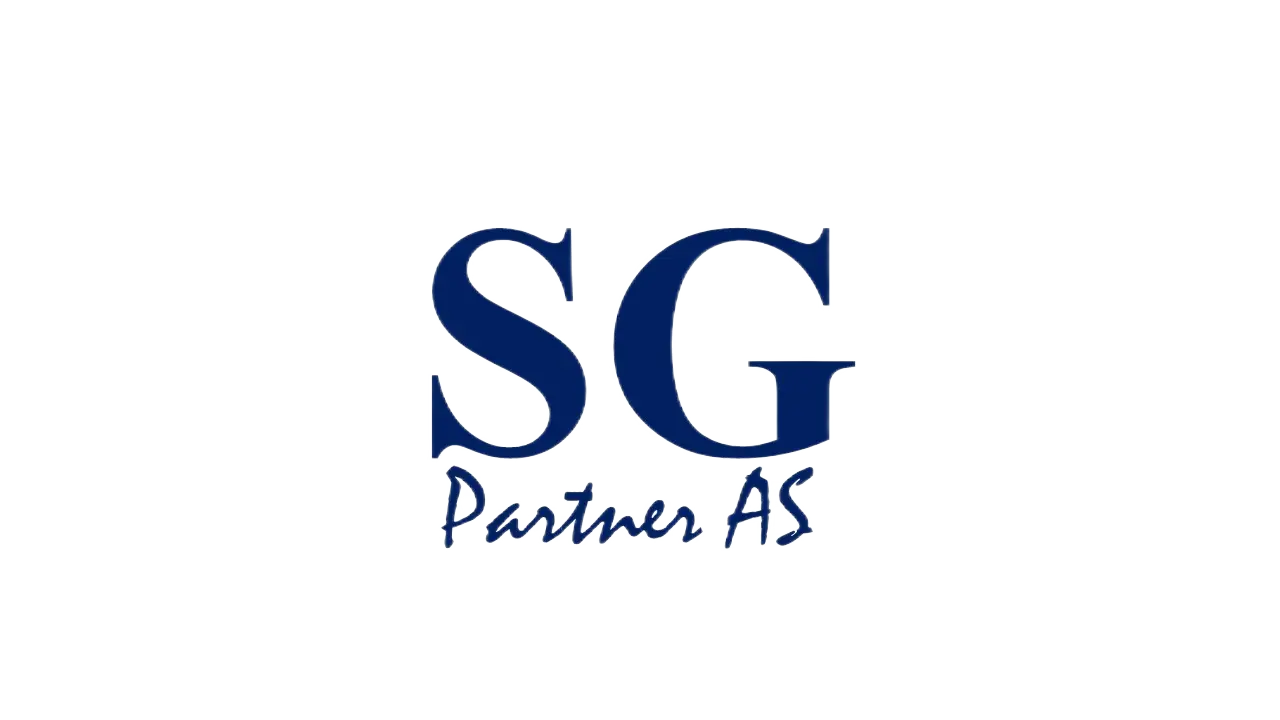COURSE OBJECTIVE:
In this course, you will learn how to:
• Analyze a monolithic application architecture to determine logical or programmatic break points where the application can be broken up across different AWS services.
• Apply Twelve-Factor Application manifesto concepts and steps while migrating from a monolithic architecture.
• Recommend the appropriate AWS services to develop a microservices based cloud native application.
• Use the AWS API, CLI, and SDKs to monitor and manage AWS services.
• Migrate a monolithic application to a microservices application using the 6 Rs of migration.
• Explain the SysOps and DevOps interdependencies necessary to deploy a microservices application in AWS.
TARGET AUDIENCE:
This course is intended for:
• Experienced software developers who are already familiar with AWS services
COURSE PREREQUISITES:
We recommend that attendees of this course have the following prerequisites:
• In-depth knowledge of at least one high-level programming language
• Working knowledge of core AWS services and public cloud implementation
• Completion of the Developing on AWS course (GK4504), and then a minimum of 6 months of application of those concepts in a real world environment.
COURSE CONTENT:
Day 1
Module 1: The cloud journey
• Common off-cloud architecture
• Introduction to Cloud Air
• Monolithic architecture
• Migration to the cloud
• Guardrails
• The six R's of migration
• The Twelve-Factor Application Methodology
• Architectural styles and patterns
• Overview of AWS Services
• Interfacing with AWS Services
• Authentication
• Infrastructure as code and Elastic Beanstalk
• Demonstration: Walk through creating base infrastructure with AWS CloudFormation in the AWS console
• Hands-on lab 1: Deploy your monolith application using AWS Elastic Beanstalk
Module 2: Gaining Agility
• DevOps
• CI/CD
• Application configuration
• Secrets management
• CI/CD Services in AWS
• Demonstration: Demo AWS Secrets Manager
Day 2
Module 3: Monolith to MicroServices
• Microservices
• Serverless
• A look at Cloud Air
• Microservices using Lambda and API Gateway
• SAM
• Strangling the Monolith
• Hands-on lab: Using AWS Lambda to develop microservices
Module 4: Polyglot Persistence & Distributed Complexity
• Polyglot persistence
• DynamoDB best practices
• Distributed complexity
• Step functions
Day 3
Module 5: Resilience and Scale
• Decentralized data stores
• Amazon SQS
• Amazon SNS
• Amazon Kinesis Streams
• AWS IoT Message Broker
• Serverless event bus
• Event sourcing and CQRS
• Designing for resilience in the cloud
• Hands-on lab: Exploring the AWS messaging options
Module 6: Security and Observability
• Serverless Compute with AWS Lambda
• Authentication with Amazon Cognito
• Debugging and traceability
• Hands-on lab: Developing microservices on AWS
• Hands-on lab 8: Automating deployments with Cloud Formation
FOLLOW ON COURSES:
Not available. Please contact.
